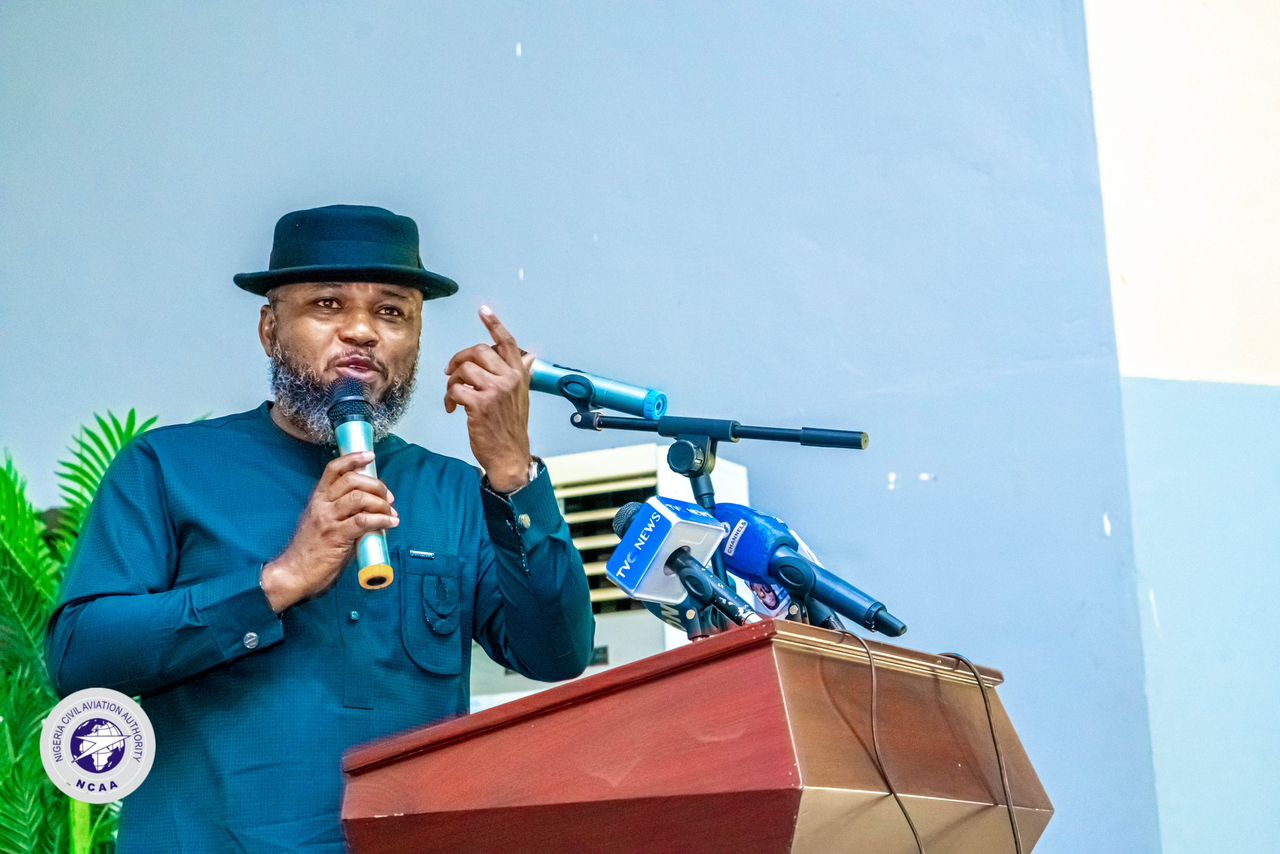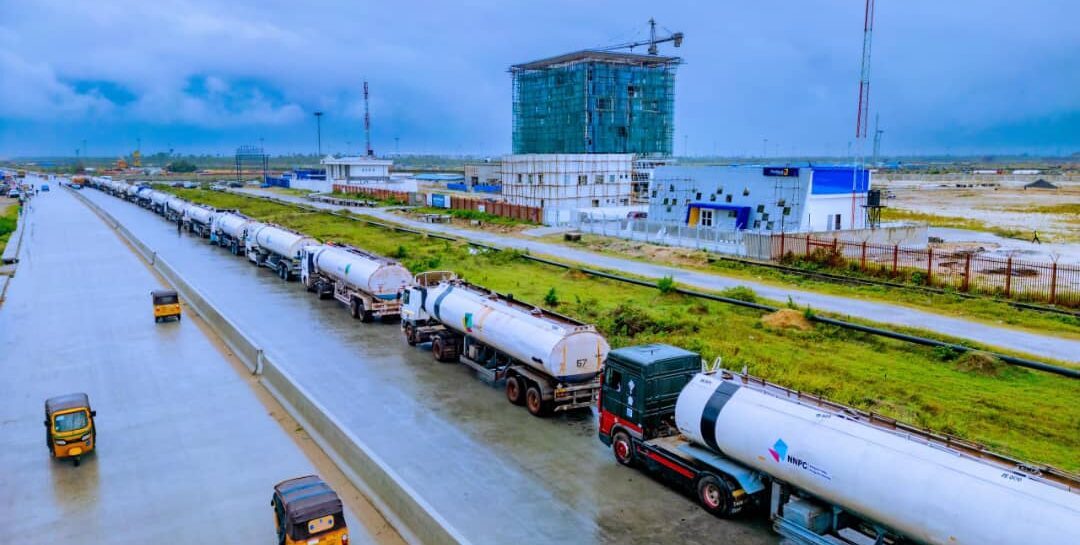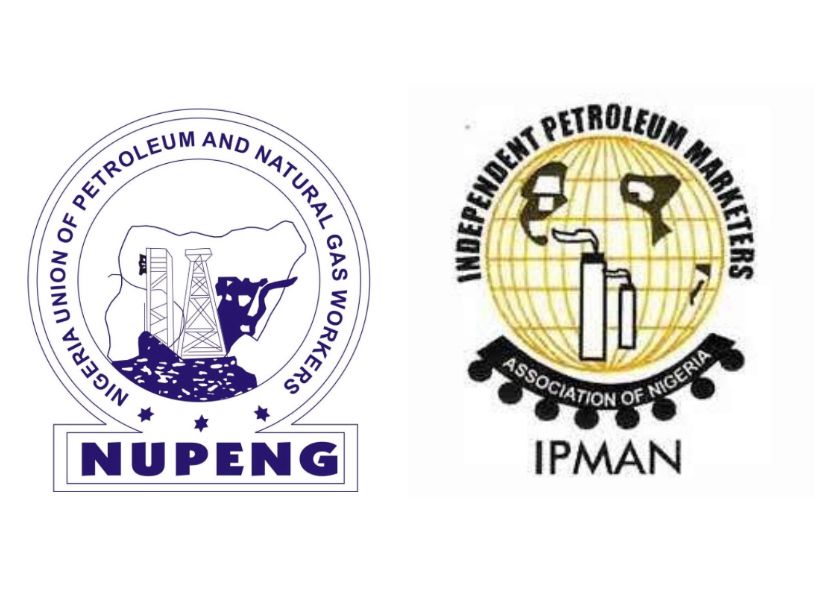
*11% flat Tax on gross gaming revenue for Good Causes
*N100 million licence fee per annum
Nseobong Okon-Ekong highlights some of the topics that invited arguments at a recent meeting of the Federation of State Gaming Regulators of Nigeria (FSGRN) with different cadres of operators in the industry
The FSGRN continues its series of educational engagements with stakeholders in the industry, while pushing for expansion that will increase its membership from the current number of 22 states. These ongoing efforts fortify the regulatory environment and align it with global best practices. The latest meeting was attended by the leadership and members of the Association of Nigerian Bookmakers (ANB), the Licensed Lottery Operators Forum, and Casino operators.
Following the pivotal Supreme Court ruling in November 2024 (Suit No. SC/1/2008, Attorney General of Lagos State & Ors. vs. AG Federation & Ors.), the FSGRN formalized its presence on the Nigerian gaming landscape. The court invalidated the National Lottery Act outside the FCT, confirming that gaming and lottery regulation fall squarely within state jurisdiction. This was hailed as a landmark endorsement for federalism and state autonomy in regulatory affairs, consolidating state-led regulation. The Supreme Court decision and the URL system empower state agencies rather than centralizing authority.

The FSGRN is at the forefront of reshaping Nigeria’s gaming landscape through constitutional affirmation, unified licensing frameworks, data security enhancements, and active legal engagement. These initiatives are laying the foundation for a transparent, efficient, and state-resilient gaming sector that protects consumers, incentivizes innovation, and preserves Nigeria’s federal balance.
Contentious talking points
The FSGRN has announced the introduction of an 11% flat tax on Good Causes for Gross Gaming Revenue (GGR) across all operators, effective from January 1, 2026. From the same date, licence fees have been fixed at ₦100 million per annum for each category of operator: Lottery, Sports Betting, and Casino. The distinction between online and retail operations has been removed, and all operators are expected to comply. The regulators emphasized that enforcement will be rigorous across all collaborating states.
The FSGRN secretariat will collect Universal Reciprocity License fees. However, all other taxes and payments are to be remitted directly to the state in which transactions occur. Operators are therefore required to strengthen systems that track customer activity (such as geo-fencing and geo-tracking, or the collection of such information at onboarding) by location to ensure accurate monthly remittances of payments and taxes.
All outstanding payments from November 2024 (post-judgement) must be remitted to the FSGRN. An account will be communicated to the ANB and Operators Forum for this purpose. The applicable rate for these arrears will be the former National Lottery Regulatory Commission (NLRC) until the 11% GGR tax takes effect on January 1, 2026.
Discussions on Withholding Tax on Winnings were raised. As this remains a state-level issue, operators were advised to engage with their respective state Internal Revenue Services. The Lagos State Lottery and Gaming Authority (LSLGA), through its Chief Executive Officer, Mr. Bashir Are, indicated that engagements with the Lagos Internal Revenue Service were already advanced. Are, who also doubles as chairman of FSGRN, noted the reservations while also acknowledging the binding nature of the law.
The ANB and the Operators Forum appealed to the FSGRN to reconsider the 11% GGR tax in light of challenging operating conditions and high and significant platform costs. Responding, the FSGRN insisted that its proposed rate was already lower than the European average of 19%. The leadership of the FSGRN agreed to revert to the secretariat within seven days on whether adjustments were possible. Additionally, the FSGRN secretariat is expected to respond by Friday, September 12, 2025, on a proposed payment plan for the backlog of taxes owed from November 2024.
Introduction of Universal Reciprocity Licence
Developed in partnership with Deloitte, the URL system was rolled out on December 1, 2024. This regime enabled operators to obtain one license—the Universal Reciprocity Certificate (URC)—that is valid across all member states. It streamlines compliance, reduces bureaucracy, and reinforces state-level regulatory authority. Streamlining licensing with URC reduces duplication, simplifies compliance, and opens a unified market for operators.
Unified Licensing Framework, 2025 Fee Waiver
On May 7, 2025, the FSGRN states formalized the Sub-National Reciprocity Licensing Framework in Lagos. This accords operators a single, harmonized licensing structure across all member states for Online Sports Betting, Online Casino, Public Online Lottery, Promotional Competitions
Importantly, existing operators previously licensed by the now-proscribed NLRC are eligible for a full waiver of 2025 licensing fees, provided they meet the new compliance requirements. Renewal and fees resume January 1, 2026. Easing transition with fee waivers, operators are supported during regulatory shifts with temporary relief.
The post At Lagos Stakeholder Engagement, FSGRN Clarifies Grey Areas appeared first on THISDAYLIVE.




